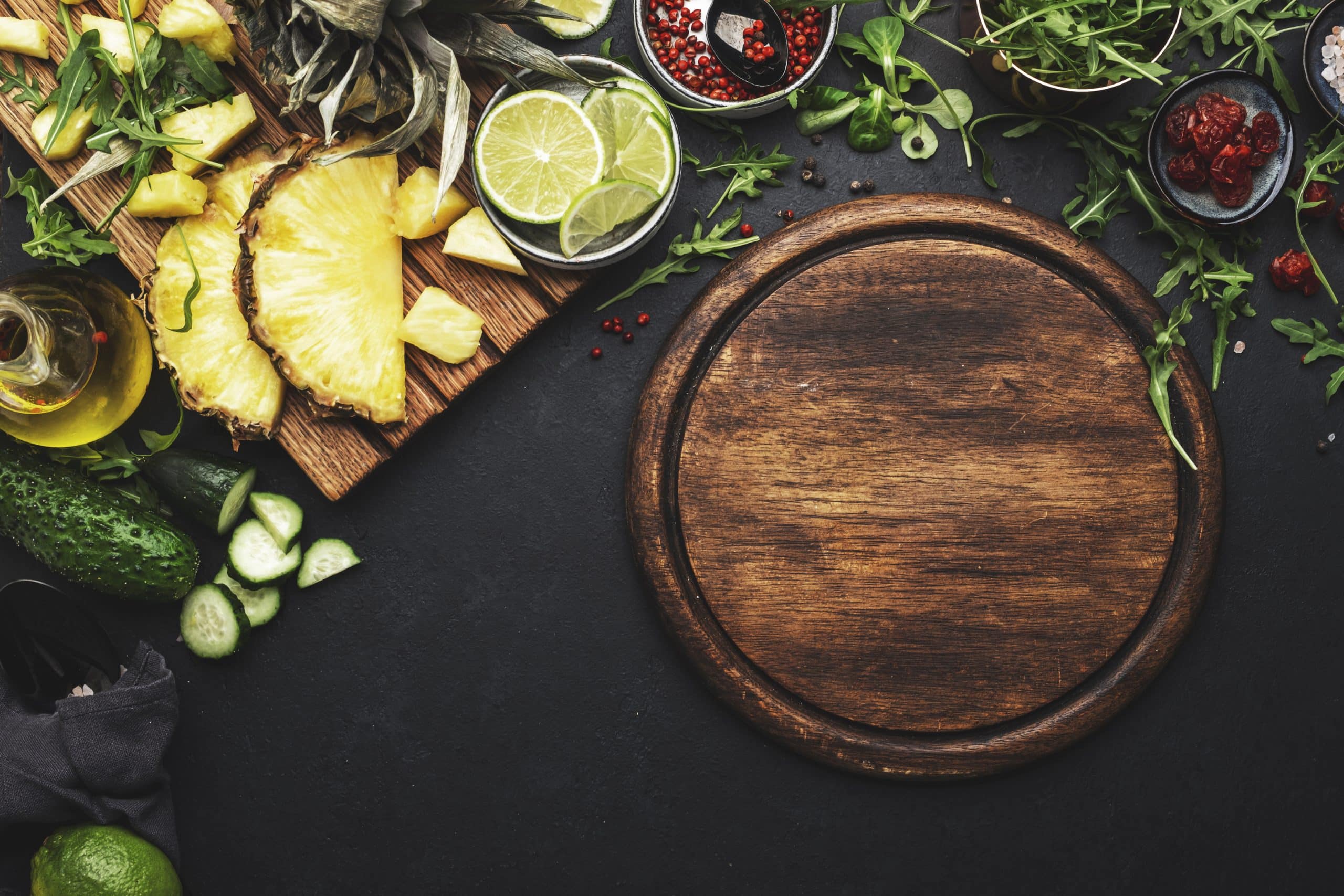Can AI-Based Nutrient Analysis Apps Transform Personalized Grocery Shopping?

The advent of technology has revolutionized various sectors, and the food industry is no exception. Today, AI-based nutrient analysis apps are dramatically transforming personalized grocery shopping, enabling individuals to tailor their diet based on their unique health needs. These apps provide personalized food recommendations, track nutrition intake, and even suggest recipes based on dietary preferences or restrictions. This article explores how such apps are reshaping the grocery shopping experience and promoting healthier eating habits among users.
The Rise of Personalized Nutrition Apps
The concept of personalized nutrition is rapidly gaining popularity. In an era where health and wellness are increasingly becoming a priority, personalized nutrition apps are finding a significant place in users’ lifestyles. These apps, powered by Artificial Intelligence (AI), provide dietary recommendations based on an individual’s unique health data, dietary preferences, lifestyle, and even genetic makeup.
En parallèle : How Are Smart Roads Utilizing Traffic Flow Data to Reduce Congestion and Pollution?
AI-based nutrient analysis apps leverage sophisticated algorithms to analyze a multitude of factors such as age, weight, height, gender, and fitness level, alongside health metrics like blood pressure and cholesterol levels. This data-driven approach enables the apps to provide highly personalized dietary recommendations, catering to an individual’s nutritional needs and health goals.
How AI Apps Personalize Your Grocery Shopping Experience
An integral feature of these AI-based nutrient analysis apps is their ability to personalize grocery shopping. They do this by analyzing your nutrition data and recommending foods that align with your dietary needs and goals. This way, users can make informed decisions about the food they buy, leading to healthier eating habits.
A lire également : What’s the Latest in Electrochromic Smart Windows for Energy-Efficient Buildings?
For instance, if a user has high cholesterol, the app might suggest low-fat dairy products, lean meats, and high-fiber foods when creating a grocery list. On the other hand, if a user is vitamin D deficient, the app might recommend foods rich in this vitamin, like fatty fish and fortified dairy products.
Some advanced apps even offer a feature where users can scan barcodes of food products in grocery stores. The app then provides a breakdown of the product’s nutritional content and suggests healthier alternatives if necessary. This level of personalization helps users make smarter food choices, right on the spot.
The Impact on Health and Dietary Habits
The impact of AI-based nutrient analysis apps on health and dietary habits is significant. These apps not only help users lead a healthier lifestyle, but they also educate them about the nutritional content of various foods, promoting health literacy.
Furthermore, these apps can serve as a powerful tool for those with specific dietary restrictions, such as people with food allergies, diabetes, or certain religious or cultural food practices. They can provide safe and nutritious food options, making grocery shopping a less daunting task for these individuals.
Adherence to these personalized dietary recommendations over time can lead to improved health outcomes. For instance, managing dietary intake based on health data can help control chronic conditions like diabetes or heart disease. Similarly, those striving to lose weight can benefit from personalized meal plans and grocery lists tailored to their calorie and nutrient requirements.
Algorithmic Advancements and Future Potential
The AI algorithms powering these apps have evolved significantly over time. Initially, these apps could only provide general nutritional information about foods. Now, they can analyze individual metabolic responses, consider genetic factors, and even predict how certain foods might impact an individual’s health in the future.
These advancements hint at the tremendous potential of AI in personalizing nutrition. Imagine an app that could predict your risk of future health problems based on your diet and recommend preventive nutritional measures. Or an app that could function as a personal dietitian, providing meal plans, grocery lists, and recipe suggestions tailored to your health goals and dietary preferences.
The Role of Data Security
While AI-based nutrient analysis apps hold great promise, they also raise concerns about data security. These apps collect a vast amount of personal health and dietary data from users. Ensuring this data remains secure and is used ethically is paramount.
Companies developing these apps need to prioritize data privacy and be transparent about how they use and protect user data. Users, in turn, should be mindful of the information they share and understand the potential risks involved.
As we continue to embrace the digital age, AI-based nutrient analysis apps will likely become a staple in our lives, making personalized grocery shopping, and healthy eating, simpler than ever.
User Satisfaction and Reduction of Food Waste
The satisfaction derived from using AI-based nutrient analysis apps is multilayered. Firstly, users gain a sense of control over their dietary habits, leading to an increased commitment to health goals. Secondly, these apps optimize meal planning, thereby minimizing the chances of food waste.
In a world where food waste is a serious problem, the ability of these apps to provide personalized meal plans depending on an individual’s dietary needs is an invaluable feature. The apps’ predictive algorithms analyze a user’s consumption patterns and preferences, and can suggest portion sizes and quantities for the grocery list, thereby preventing over-purchasing and subsequent waste.
Moreover, the real-time tracking and analysis offered by these apps allow users to adjust their meal plans and shopping lists based on their current dietary intake. This feature is especially useful for individuals striving to lose weight or manage chronic conditions like diabetes, as it enables them to make informed decisions about their dietary habits.
The advantage of these apps extends beyond the individual user. By reducing food waste, they indirectly contribute to environmental sustainability. They also promote economic efficiency by helping users avoid unnecessary grocery purchases. This combination of personal and societal benefits enhances the overall satisfaction derived from these apps.
Conclusion: The Future of Personalized Grocery Shopping
The emergence and growth of AI-based nutrient analysis apps have undeniably transformed the landscape of personalized grocery shopping. The ability to provide personalized recommendations based on individual health data and dietary preferences has made these apps an invaluable tool for many users.
However, the true potential of these apps lies in their capacity to continue adapting and improving. As machine learning algorithms become more advanced, these apps will not only react to our current health status but also anticipate future health outcomes. This predictive capability will further personalize the grocery shopping experience, making it even more efficient and health-centered.
While challenges around data security need to be addressed, there is no denying the profound impact these apps are having on our shopping habits, health outcomes, and overall lifestyle. They are making the process of meal planning simpler, more accessible, and more focused on personal health needs. As personalized nutrition becomes the norm rather than the exception, AI-based nutrient analysis apps are poised to become an integral part of our daily lives.
In conclusion, the transformative power of artificial intelligence in the realm of personalized nutrition is only just beginning to be harnessed. As app development progresses, we can expect to see an even greater shift towards personalized grocery shopping and improved health outcomes. Therefore, it is safe to say that the age of AI-based nutrient analysis apps is indeed upon us, revolutionizing the way we approach health and wellness.
